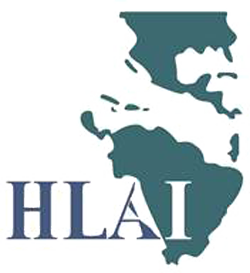Should I Use a Will or a Trust to Transfer Assets to Heirs in Illinois?

If you are thinking about setting up an estate plan, you are already ahead of most of the population. While estate planning is a key part of ensuring that assets are bequeathed to the right heirs, many people neglect this crucial process. Two of the most common estate planning tools are testamentary wills and trusts. There are advantages and disadvantages associated with both of these instruments. The type of estate planning tools that you will need depends on your financial and personal goals concerning estate planning.
A Testamentary Will Allows You to Dictate Inheritance Issues
A testamentary will is a document that states how your property should be handed down to heirs. Your will may also contain directions about funeral arrangements. If you have minor children, you can appoint a guardian in your will who is tasked with caring for your children if you and the other parent pass away. Unlike a trust, a will does not take effect until after your death. A will must be authenticated by the court during probate before heirs can receive their inheritance.
A Trust May Take Effect Before Your Death
A trust is used to give authority of your assets to a party called a trustee. The most common type of trust is a revocable living trust. If you use a revocable living trust, you maintain authority over the assets contained in the trust until you are incapacitated or pass away. At this point, the trustee manages your assets according to the directions contained in the trust. Revocable living trusts can be modified at any time before your death or incapacitation.
One of the major benefits of a trust is that it does not need court approval through the probate process. The person you name as your successor trustee can take over immediately upon your death and start distributing assets according to your wishes. In many cases, it makes the most sense to have both a trust and a will. An estate planning attorney can help you evaluate your estate planning needs and decide on the specific instruments that will allow you to accomplish your goals.
Contact a DuPage County Estate Planning Lawyer
A last will and testament allows you to dictate how your assets should be distributed to heirs upon your death, decide on a guardian for minor children, and describe your final wishes. A trust is an estate planning tool that places assets in the hands of a trustee and avoids probate. For help building a comprehensive estate plan, contact the skilled Glen Ellyn estate planning attorneys at NN Legal Group. Call us today at 630-474-0925 to arrange a free consultation.
Source:
https://www.thebalance.com/the-benefits-of-a-revocable-living-trust-vs-a-will-3505405

















